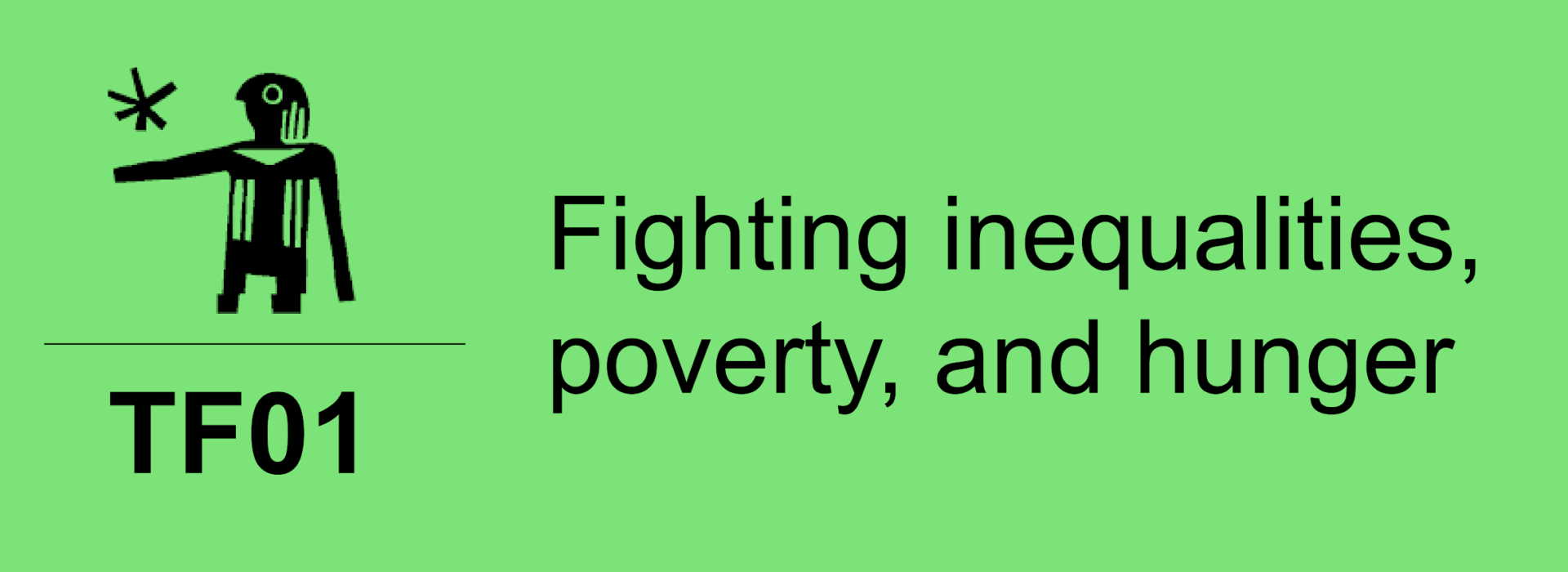There is no way to address social inequalities in Latin America (LA) without discussing the region’s longstanding security policy: the War on Drugs, characterized by criminalization of historical cultural practices of Black and indigenous communities, the militarization of public security and mass incarceration. It contributes to the region being a leader in global homicides and exacerbates the unequal inclusion of non-white populations. While researchers recognize this reality, scientifically proving it and establishing evidence-based policies to address its effects is nearly impossible. This is because most States do not produce essential information on security policies. Examples of missing information are abundant and prevail, particularly when ethnicity and race are under consideration. We define this situation as “statistical invisibility”, the unavailability of disaggregated data that would make it possible to recognize situations experienced by groups that have been historically marginalized. In this paper, we discuss the State’s responsibility and failure to collect essential data to face racist policing policies. And recommend courses of action to address this situation based on “citizen data generation” methodologies and new computer and statistical modeling methods that can be applied to understand the true magnitude and patterns of violence, even in contexts of underreporting.
Register for Updates
Would you like to receive updates on the Global Solutions Initiative, upcoming events, G7 and G20-related developments and the future of multilateralism? Then subscribe here!
1 You hereby agree that the personal data provided may be used for the purpose of updates on the Global Solutions Initiative by the Global Solutions Initiative Foundation gemeinnützige GmbH. Your consent is revocable at any time (by e-mail to contact@global-solutions-initiative.org or to the contact data given in the imprint). The update is sent in accordance with the privacy policy and to advertise the Global Solutions Initiative’s own products and services.









